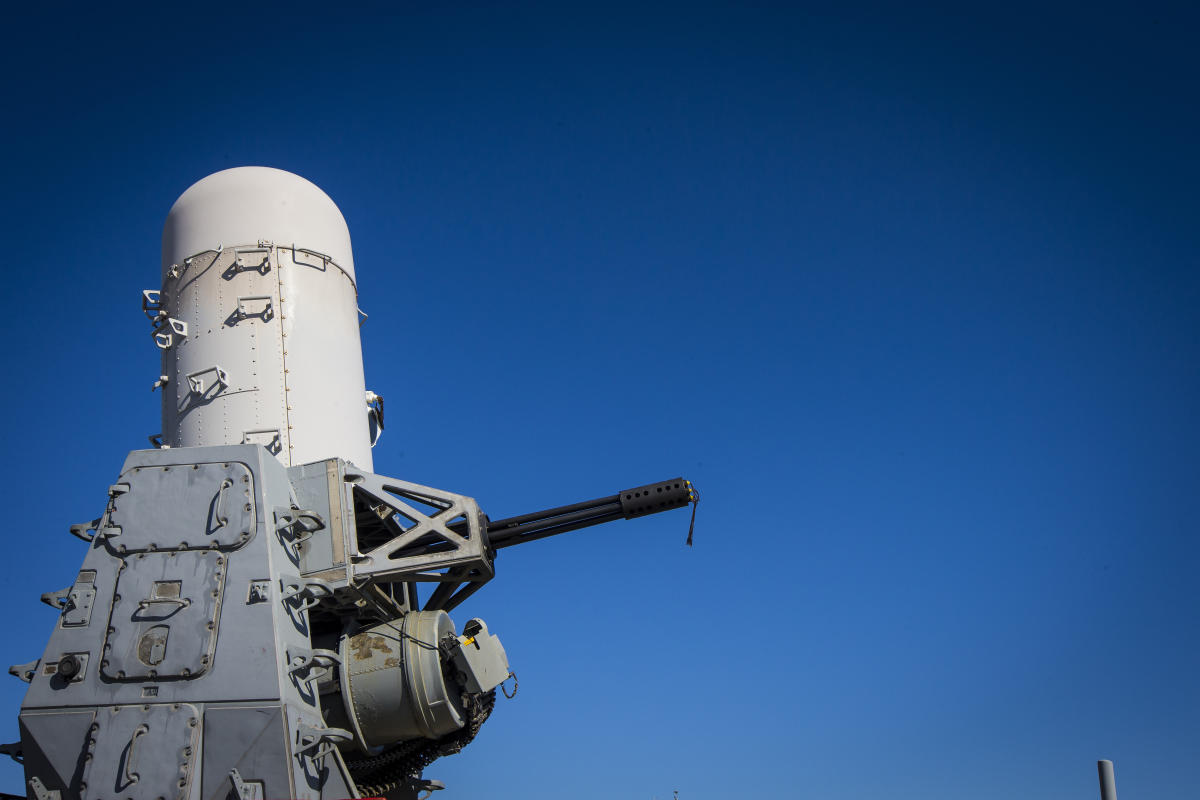
On Sunday, the US Navy announced that its forces opened fire on Houthi rebels after they attacked a cargo ship in the Red Sea. The Maersk Hangzhou was hit by a missile earlier that evening and four small boats attacked it with small arms fire. The USS Gravely destroyer and helicopters from the USS Dwight D. Eisenhower aircraft carrier responded to the distress call and issued verbal warnings to the attackers, who responded by firing on the helicopters. The US Navy helicopters returned fire in self-defense, sinking three of the four boats and killing the people on board while the fourth boat fled the area. No U.S. personnel or equipment was reported damaged. The Houthis acknowledged that 10 of their fighters were killed in the confrontation and warned of consequences. The US has significant national security interests in the region and will put the kind of forces it needs to protect those interests and act in self-defense going forward.




